For generations, women in the Black church have faced uphill battles when answering a call to preach. Unlike their male counterparts, their spiritual leadership has often gone unrecognized or actively discouraged. In response to this persistent inequality, Rev. Dr. Valerie Bridgeman took a bold step in 2006 that would spark a powerful movement of support, visibility, and empowerment for Black women clergy.
What started as a seminary course has grown into a 15-year-old nonprofit ministry, WomenPreach!, committed to elevating the sacred voices of Black women called to preach — and to disrupt long-standing patriarchal norms in faith communities.
A Course That Sparked a Movement
While teaching at Memphis Theological Seminary, Dr. Bridgeman launched a course titled “The Sacred Voices of Black Women”. Its popularity led her to rework it into a condensed weeklong program, which she brought to the Cathedral College of Preachers in Washington, D.C. The course gave Black women seminarians historical and literary tools to preach effectively and boldly while equipping them with strategies to navigate and resist sexism within the church.
Though initially unsure of turning the course into a larger initiative, Bridgeman was urged by attendees to continue. “We didn’t even have a ministry or a name,” she recalled. “I had just done some work at the National Cathedral on preaching, and several of the women who were involved said, ‘We need this — and we need you to do it.’”
With a modest $10,000 grant, she launched what was expected to be a one-time event. Fifteen years later, WomenPreach! is still thriving.
Empowering Preachers Beyond the Pulpit
While the focus of WomenPreach! is on equipping women to lead from the pulpit, it extends far beyond traditional ministry. The organization is inclusive of various voices and perspectives — even those outside the clergy.
Among its most beloved contributors is Jaha Zainabu, the program’s artist-in-residence and a poet. “Her poetry is raw, it’s intimate, and it’s non-churchy,” said Bridgeman, who now teaches at Methodist Theological School in Ohio. “It’s designed to make preachers break out of their ‘preacherly’ mindset and remember who’s in the pew — and who’s in the streets.”
Zainabu’s powerful presence was initially planned for just two years, but she remains a key figure in the program. “She understood the assignment and lived it out,” Bridgeman said.
The Jarena K. Lee Preaching Academy: A Legacy of Firsts
A centerpiece of the organization’s programming is the Jarena K. Lee Preaching Academy (JKLPA), named after the first Black woman preacher in America and the first woman licensed to preach in the African Methodist Episcopal Church. The academy convenes every other year with a highly selective application process that accepts just 25 women per cohort.
The experience is transformative. One participant shared with Bridgeman how she felt drawn to attend despite never having preached before. “She said she was getting ordained that week and that the preaching academy helped her finally accept her call.”
The academy helps women move beyond fear and uncertainty and into their identity as preachers, ready to proclaim the Gospel with confidence.
Sophie’s Table: Engaging Men in the Conversation
Recognizing the need for allyship and education among men in ministry, WomenPreach! launched Sophie’s Table, a program aimed at engaging male clergy in understanding preaching through a Black feminist and womanist lens.
While attendance has been modest, the impact has been powerful. Bridgeman shared the reactions of some male participants: “They said, ‘I’ll never look at that scripture the same way again. I’ll never call women that word again. I’ll never use those kinds of examples again.’”
And the change didn’t stop there. Bridgeman has seen evidence of transformed sermons and more inclusive preaching from some of the men who’ve attended. “They did change,” she said.
Celebrating a Legacy Built on Collaboration
Marking 15 years of WomenPreach! is a testament not only to the resilience of Black women preachers but also to the power of collaboration and community. Bridgeman describes the organization as a “movable feast” — not tied to one location or denomination, but shaped by the spirit of cooperation.
“We do nothing without collaboration,” she said. “That’s our highest ethic. No matter what we’re doing, we collaborate with someone else because it’s part of what we are trying to model.”
Even through moments of uncertainty and limited resources, the work has continued. “I wouldn’t take anything for the journey,” Bridgeman reflected. “It’s been amazing to watch God work, even when we didn’t have what we thought we needed.”
A Future Full of Sacred Voices
As WomenPreach! looks to the future, it continues to center the voices of Black women — voices that have too often been dismissed or silenced in traditional religious spaces. Whether through the power of poetry, the transformation of the pulpit, or the quiet strength of shared stories, the organization proves that these sacred voices are not only necessary but transformative.
And in a world still grappling with inclusion, WomenPreach! offers a model of what ministry can look like when it honors the diversity of God’s call — boldly, collaboratively, and without apology.

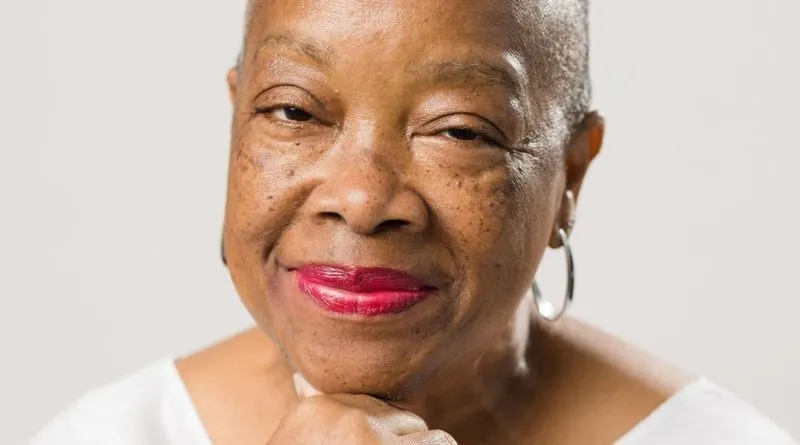




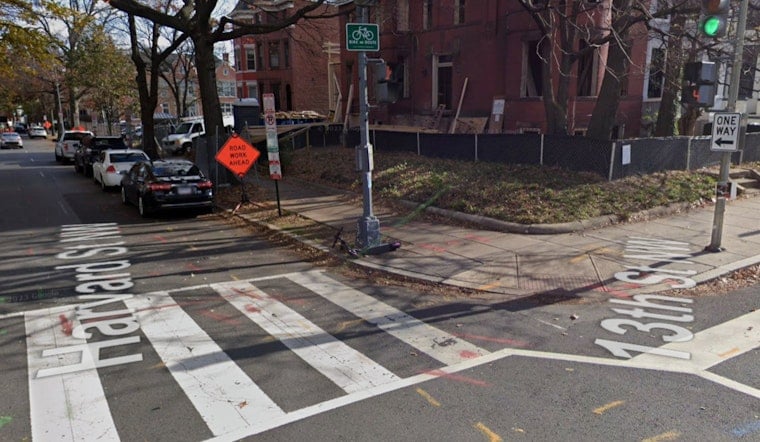
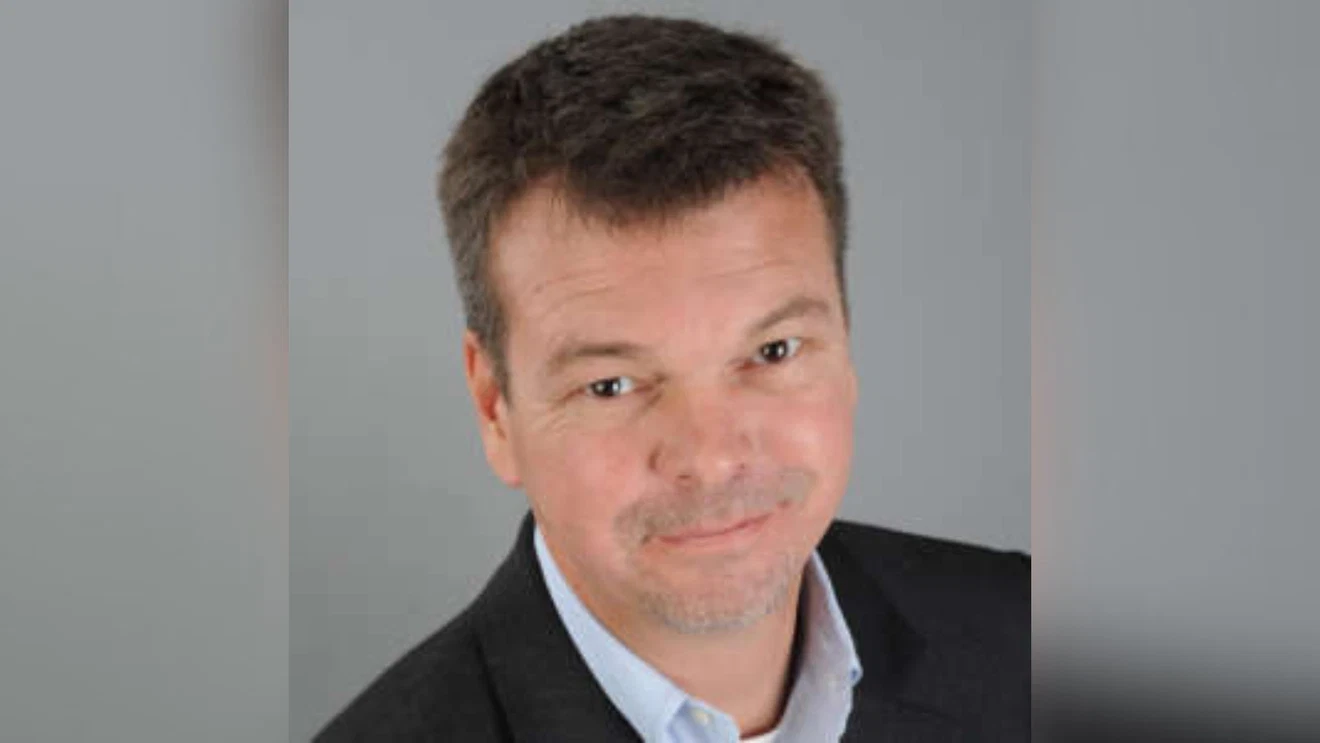
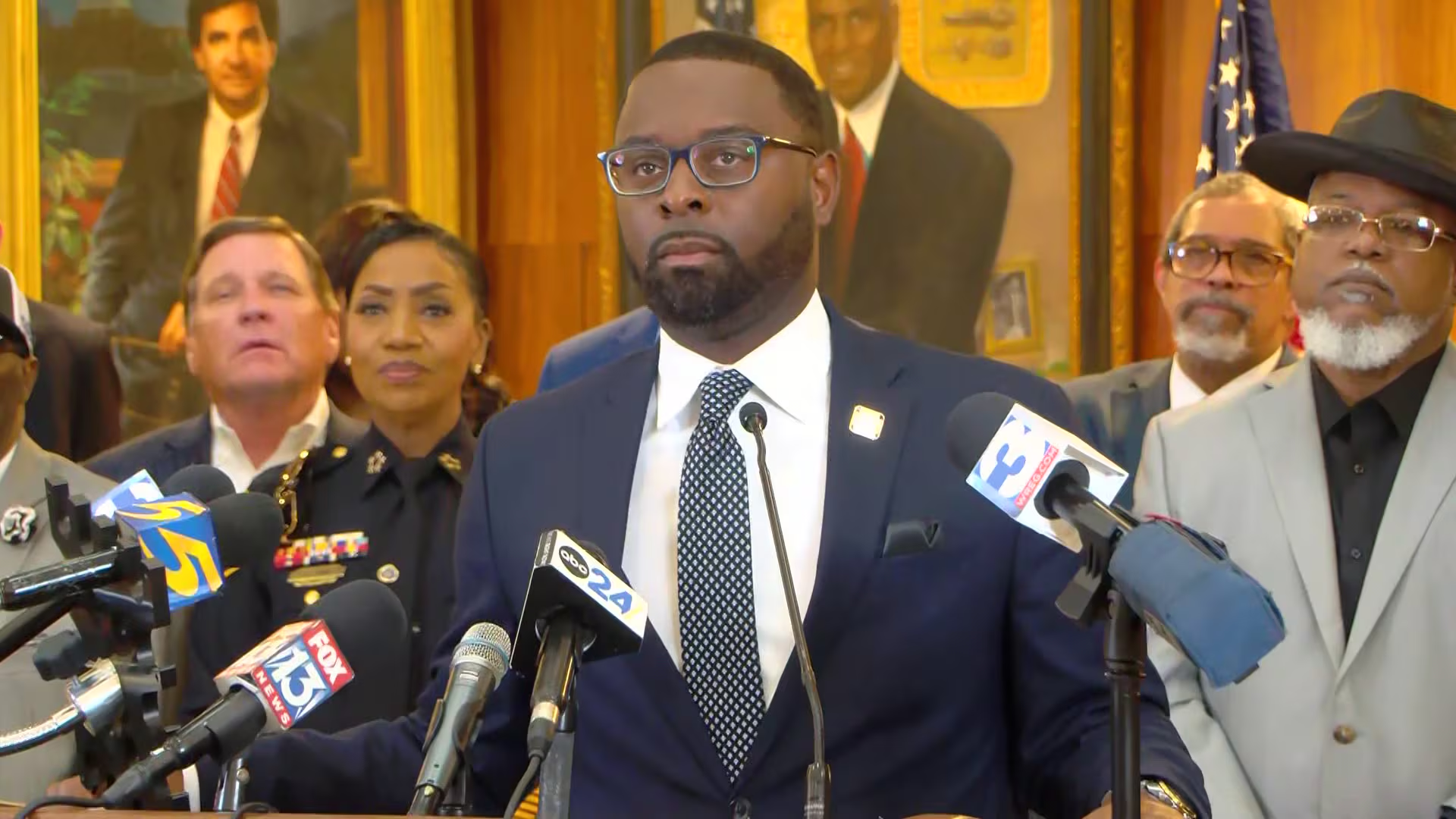
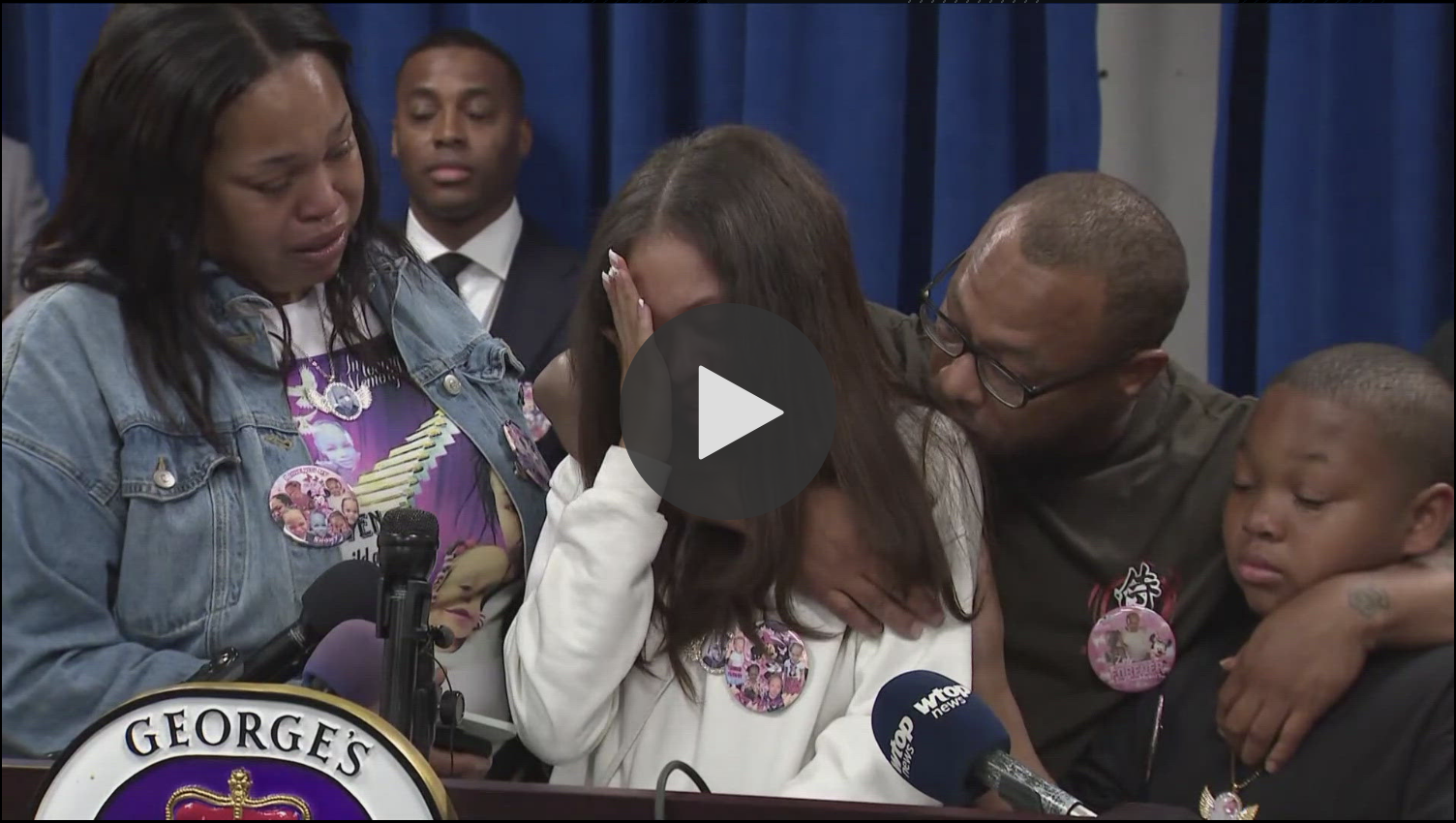

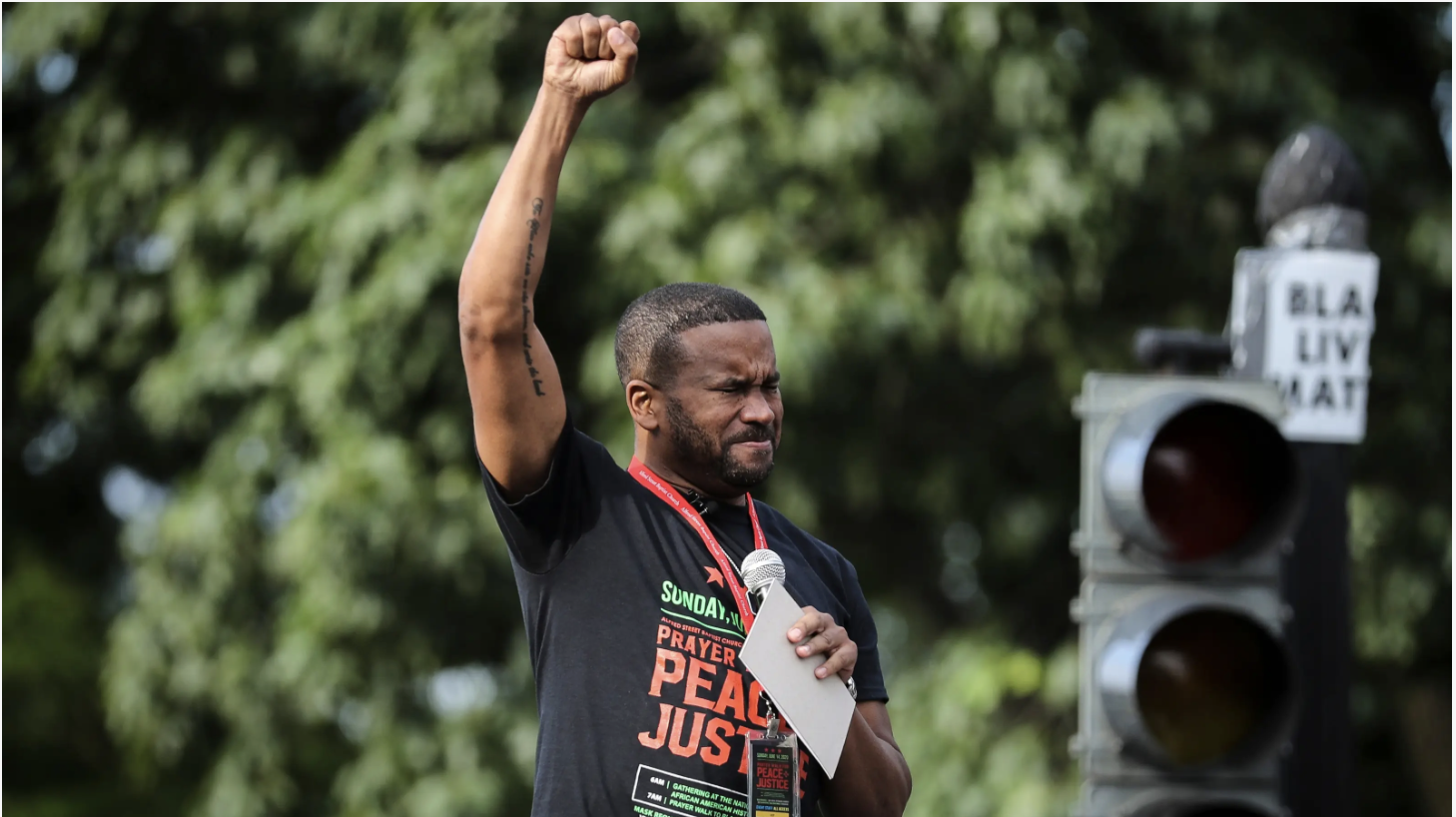
Leave a Reply